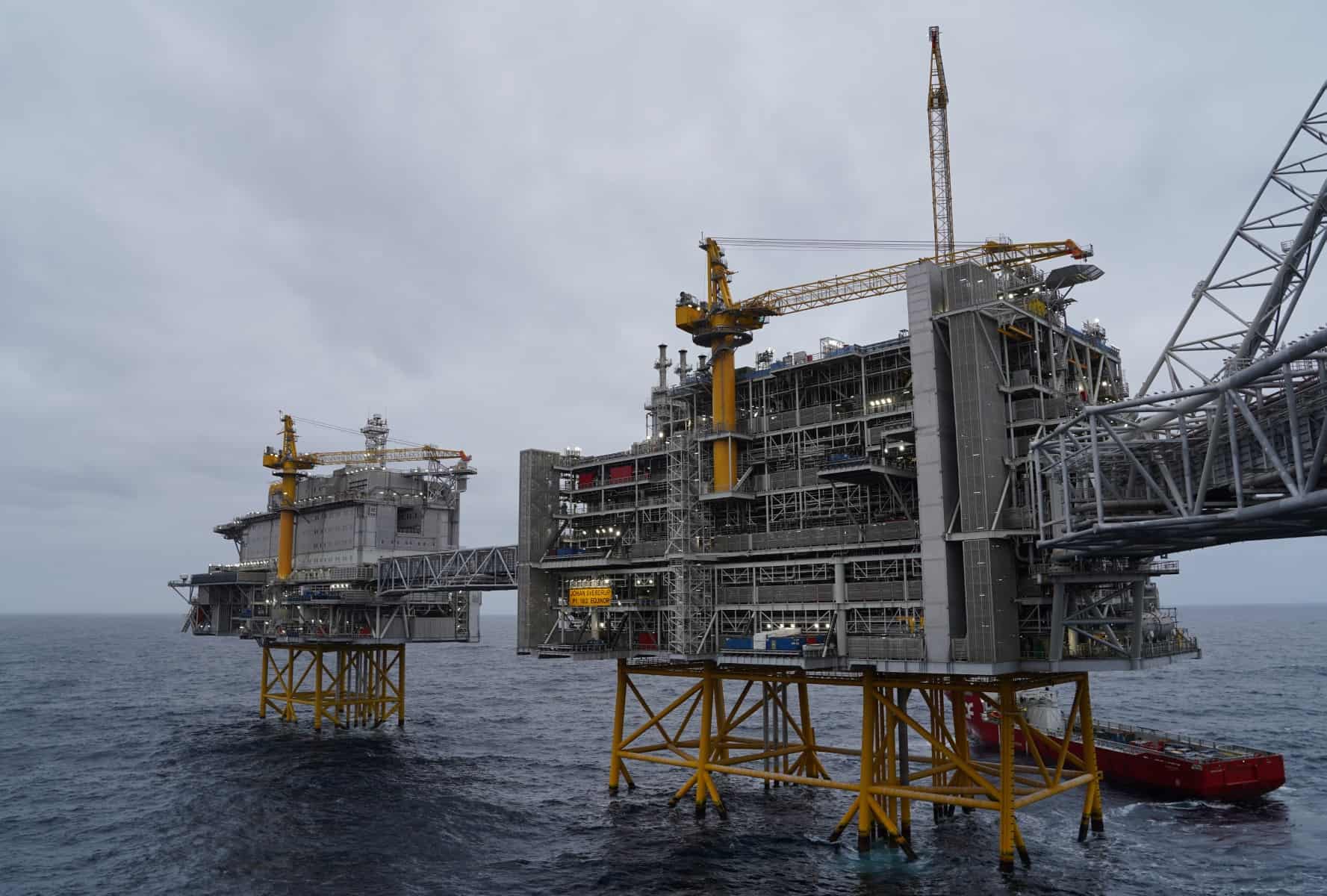Oslo, Norway — The Norwegian state raked in record oil and gas revenues last year after the war in Ukraine sent energy prices soaring, official figures showed Monday.
Norway earned 1.5 trillion kroner ($140 billion) in revenues from oil and gas, according to estimates by Statistics Norway (SSB).
It was “by far the highest ever recorded in the statistics” and almost three times the 498 billion kroner earned in 2021, according to SSB.
Norway became Europe’s largest supplier of natural gas in 2022 as Russia cut deliveries and the Scandinavian country increased its own exports.
Oslo’s income was buoyed by record high European gas prices over the summer which have since subsided.
The exceptional revenues have sometimes earned Norway the label of “war profiteer”, a label that Oslo rejects.
Norway has pledged 75 billion kroner in civil and military aid to Ukraine over the next five years (2023-2027), or 15 billion kroner per year.
The Norwegian state earns revenues from the country’s oil and gas reserves through taxes imposed on oil companies, its direct holdings in oil and gas fields and infrastructure and dividends paid by the energy giant Equinor, in which it holds a 67 percent stake.








